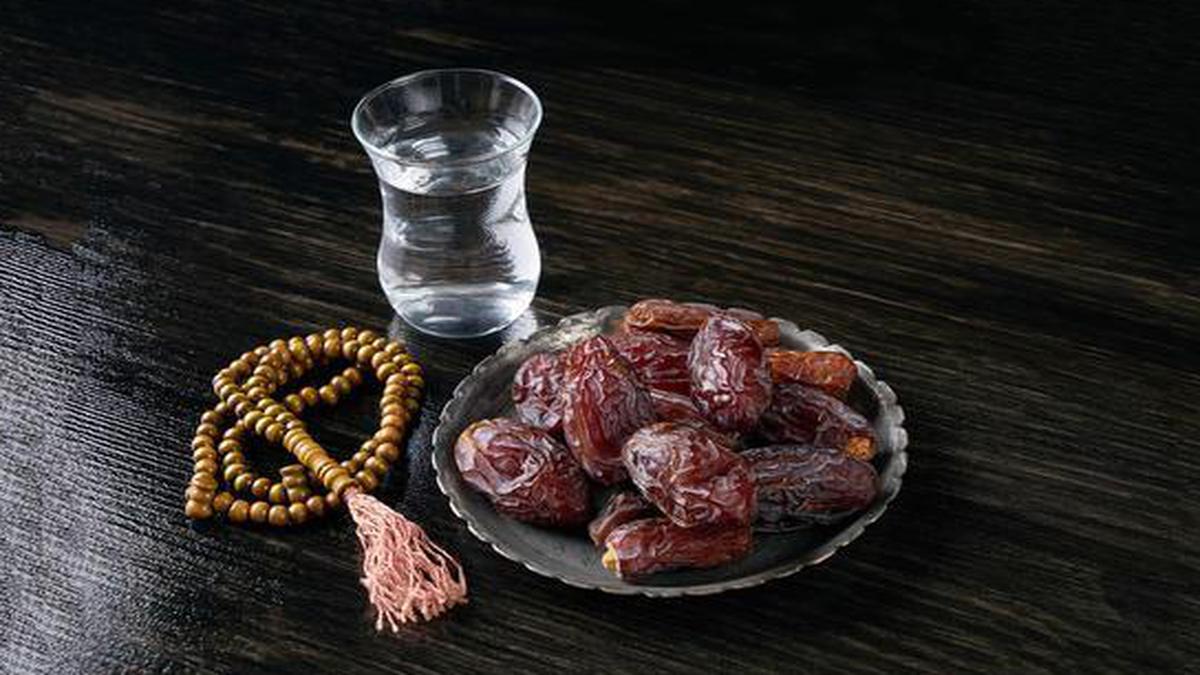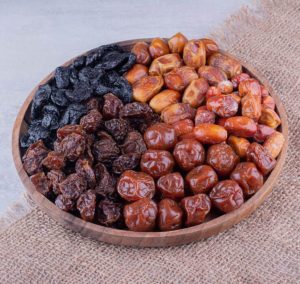
Kurma: A Sweet Journey into the World of Dates
Kurma, also known as dates, is a fruit that has captivated people’s taste buds for centuries. In this blog post, we embark on a journey to explore the enchanting world of Kurma, from its origins and diverse varieties to its nutritional benefits and versatile uses in the culinary world. Join us as we unveil the secrets of this delightful fruit and celebrate its timeless appeal.
The History and Varieties of Kurma
1. A Fruit with Ancient Roots
Kurma has a rich history that dates back thousands of years. It is believed to have originated in the Middle East, with evidence of its cultivation found in ancient civilizations such as Mesopotamia and Egypt. Over time, Kurma spread across different continents and became an integral part of various cultures and cuisines.
2. Diverse and Delightful Varieties

Kurma comes in a wide range of varieties, each with its own unique characteristics and flavors. Some popular varieties include Medjool, Deglet Noor, Barhi, and Zahidi. These date varieties vary in size, texture, sweetness, and color, offering a delightful assortment to suit different preferences and culinary applications.
Nutritional Benefits of Kurma
1. A Natural Source of Energy
Kurma is known for its high carbohydrate content, making it a natural source of energy. It is also rich in dietary fiber, which aids in digestion and promotes a healthy digestive system. Additionally, Kurma contains essential minerals such as potassium, magnesium, and iron, which contribute to overall well-being.
2. Antioxidant Powerhouse
Kurma is packed with antioxidants, including phenolic compounds and flavonoids. These antioxidants help protect the body against oxidative stress and may have anti-inflammatory properties. Regular consumption of Kurma has been associated with various health benefits, including reduced risk of chronic diseases and improved heart health.
Culinary Uses of Kurma
1. A Versatile Ingredient
Kurma’s natural sweetness and rich flavor make it a versatile ingredient in both sweet and savory dishes. It can be enjoyed as a snack on its own, used as a natural sweetener in smoothies, baked goods, and desserts, or incorporated into savory dishes like salads, tagines, and stuffing.
2. Date Syrup and Date Sugar
Kurma can also be transformed into date syrup or date sugar. Date syrup, with its thick consistency and caramel-like taste, is an excellent alternative to traditional sweeteners. Date sugar, made from dried and ground dates, adds a unique flavor and sweetness to various recipes.
How to Make Date Syrup

Making date syrup from Kurma is a simple process that allows you to enjoy the natural sweetness of dates as a versatile sweetener. Here’s a step-by-step guide:
1. Ingredients:
– 1 cup of pitted Kurma (dates)
– 1 cup of water
2. Preparation:
– Remove the pits from the Kurma if they are not already pitted.
– Rinse the dates with water to remove any impurities.
3. Cooking Process:
– Place the pitted Kurma and water in a saucepan.
– Bring the mixture to a boil over medium heat.
– Reduce the heat and let it simmer for about 10-15 minutes, until the dates become soft and mushy.
– Remove the saucepan from the heat and let the mixture cool slightly.
4. Blending:
– Transfer the cooked Kurma and water mixture to a blender or food processor.
– Blend until you achieve a smooth and thick consistency. If desired, add more water to adjust the thickness according to your preference.
5. Straining (optional):
– If you prefer a smoother texture, strain the date syrup through a fine-mesh sieve or cheesecloth to remove any remaining solids.
6. Storage:
– Pour the date syrup into a clean and airtight container.
– Store it in the refrigerator for up to a few weeks.
Now, you have homemade date syrup ready to be used as a natural sweetener in various recipes, such as smoothies, desserts, baked goods, and dressings.
How to Make Date Sugar
Date sugar is a sweet and flavorful alternative to refined sugar, made from dried Kurma. Here’s a simple method to make date sugar:

1. Ingredients:
– Pitted Kurma (dates)
2. Preparation:
– Preheat your oven to a low temperature, around 200°F (95°C).
3. Drying Process:
– Spread the pitted Kurma evenly on a baking sheet lined with parchment paper.
– Place the baking sheet in the preheated oven and let the dates dry for about 8-12 hours, or until they are completely dehydrated. The drying time may vary depending on the moisture content and size of the dates.
4. Grinding:
– Once the dates are completely dried, remove them from the oven and let them cool.
– Transfer the dried Kurma to a food processor or blender.
– Blend until you achieve a fine powder consistency, similar to granulated sugar.
5. Storage:
– Store the homemade date sugar in an airtight container in a cool, dry place.
– It can be used as a natural sweetener in baking, cooking, or sprinkled on top of cereals, oatmeal, or yogurt.
Note: Date sugar may not dissolve easily in liquids like traditional sugar, so it’s best suited for recipes where a granulated texture is desired.
By following these simple steps, you can enjoy the natural sweetness of Kurma in the form of homemade date syrup and date sugar, adding a delightful touch to your favorite dishes and beverages.
Key Highlights
– Making date syrup from Kurma is a simple process that involves boiling pitted dates with water, blending the mixture, and optionally straining it.
– Date syrup can be used as a natural sweetener in various recipes, including smoothies, desserts, and dressings.
– To make date sugar, dried Kurma dates are ground into a fine powder using a food processor or blender.
– Date sugar can be used as a granulated sweetener in baking, cooking, or sprinkling on top of cereals and yogurt.
– Both date syrup and date sugar offer a healthier alternative to refined sugar, while adding the rich sweetness and flavor of dates to your dishes.
– Homemade date syrup and date sugar can be stored in airtight containers for later use.
Conclusion
Kurma, with its rich history, diverse varieties, and versatile uses, has earned its place as a beloved fruit worldwide. Whether enjoyed for its delightful taste, nutritional benefits, or culinary versatility, Kurma continues to enchant and inspire. So, embrace the timeless sweetness of Kurma and let it add a touch of magic to your culinary creations and everyday enjoyment.